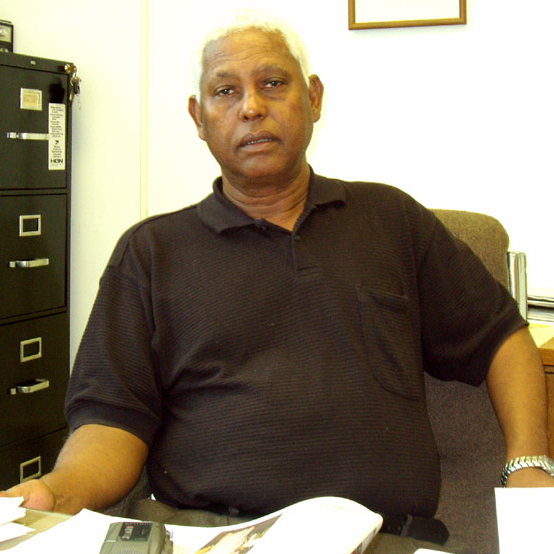The Ethiopian Community Association of Chicago (ECAC) has come a long way since its inception in 1984 as the only service provider for Ethiopians in Chicago. It later expanded its coverage to ...
You are not authorized to read this page without a username and password. It is time to register and subscribe to have unlimited access to everything The Chicago Inquirer has to offer. You can do a monthly, quarterly, six months or yearly subscription.
SUBSCRIBE NOW!!!
and enjoys unlimited access to news, analysis, archives, sports, culture, interviews, and many more.
Not a member? Subscribe or login below:



